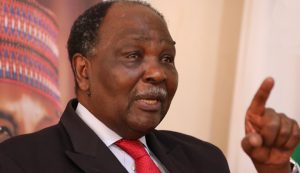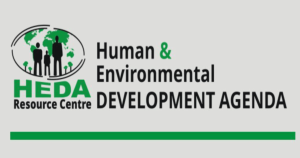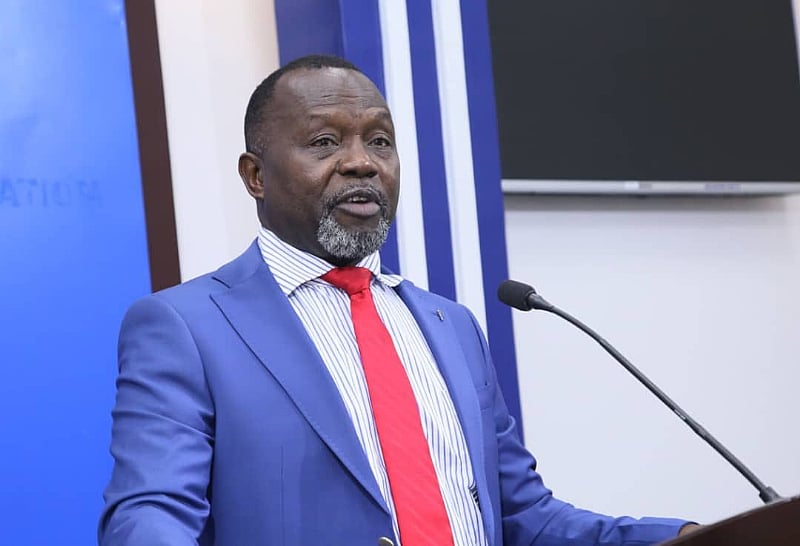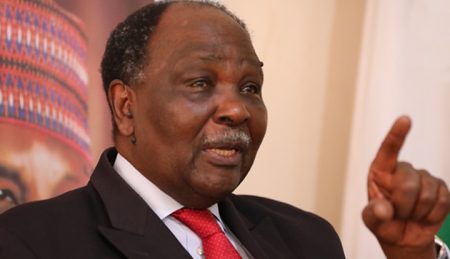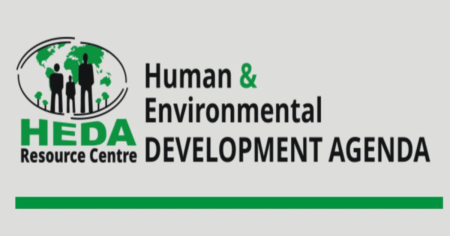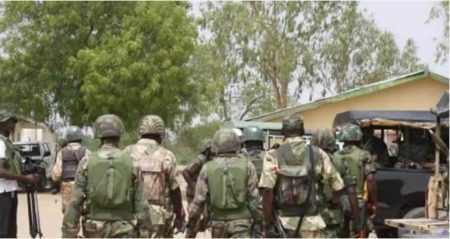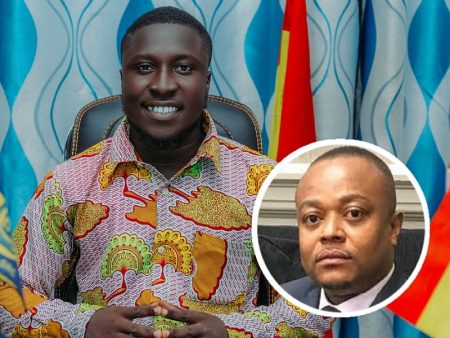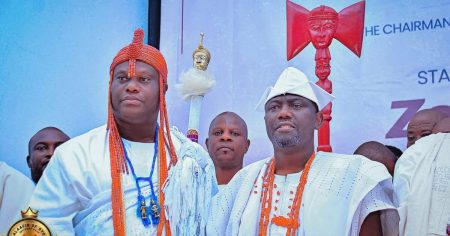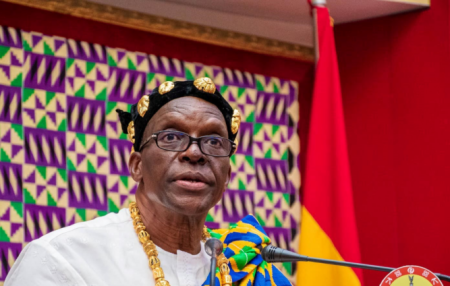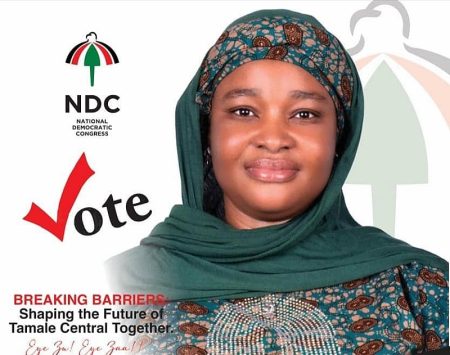The decision by Ghana’s Attorney General and Minister for Justice, Dr. Dominic Ayine, to discontinue the criminal case against former Finance Minister, Dr. Kwabena Duffuor, and seven other individuals implicated in the uniBank collapse has sparked a public outcry and raised questions about the legal justifications for such a move. The core issue revolves around the recovery of substantial debts owed to the defunct bank, with the state opting for a settlement involving landed properties offered by the accused instead of pursuing full criminal prosecution. This approach has drawn criticism, particularly given the fact that the value of the properties, while substantial, does not fully cover the outstanding debt, raising concerns about potential losses to the state.
Dr. Ayine, seeking to address the public backlash and clarify the rationale behind the decision, has outlined the terms of the agreement reached with the accused. Central to this agreement is the submission of landed properties with an estimated value exceeding GH¢824 million as partial settlement of the debt. Furthermore, the accused have committed to covering any shortfall that might arise from the sale of these properties. This provision is intended to mitigate the risk of the state incurring losses if the market value of the properties falls short of the agreed-upon valuation. The Attorney General also revealed that, as of the time of the announcement, GH¢500 million had already been recovered out of the total GH¢1.2 billion being sought from direct beneficiaries of the alleged misappropriation of funds. This partial recovery represents a significant amount, but still leaves a substantial portion of the debt outstanding, fueling concerns about the effectiveness of the settlement.
A crucial aspect of the Attorney General’s explanation centers on the feasibility of securing a full cash settlement. While acknowledging that a cash settlement would have been the preferred outcome, Dr. Ayine emphasized the impracticality of such an option given the circumstances surrounding the negotiations. He implied that the financial capacity of the accused to immediately settle the full amount in cash was a key factor in opting for the alternative settlement involving landed properties. This explanation suggests that the state prioritized maximizing recovery, even if it meant accepting a non-cash settlement, rather than pursuing a potentially protracted legal battle with uncertain outcomes. This pragmatic approach, while understandable in some contexts, has nonetheless raised concerns about potential leniency towards individuals implicated in financial mismanagement.
The timeline for the complete recovery of the outstanding debt is another significant factor in understanding the settlement agreement. According to Dr. Ayine, the remaining balance of GH¢700 million, along with the proceeds from the sale of the landed properties, is expected to be realized within an 18-month timeframe. This timeline suggests a phased approach to recovery, allowing time for the sale of the properties and subsequent settlement of any remaining shortfall by the accused. This phased approach, while potentially maximizing the eventual recovery, also introduces a level of uncertainty and raises concerns about the potential for delays or complications in the process. The public scrutiny on this timeline will undoubtedly be intense, with stakeholders demanding transparency and accountability in the recovery process.
The genesis of the settlement negotiations can be traced back to a proposal put forward by the lawyers representing the uniBank directors and shareholders. In March, they approached the Attorney General’s office with a proposal for settling their clients’ indebtedness to the bank. This proactive approach by the defense likely played a role in shaping the subsequent negotiations and the eventual agreement reached. The fact that the initiative for settlement came from the defense, rather than the prosecution, raises questions about the balance of power in the negotiations and whether the state could have secured a more favorable outcome had they taken a more assertive stance.
The public debate surrounding the uniBank case and the subsequent settlement highlights the complexities of balancing legal principles with practical considerations in cases of financial malfeasance. While the recovery of a significant portion of the outstanding debt through the transfer of landed properties is a positive outcome, the decision to discontinue criminal proceedings has raised legitimate concerns about accountability and the potential for setting a precedent that could undermine future efforts to combat financial crimes. The ongoing public discourse emphasizes the need for transparency and rigorous oversight to ensure that the terms of the settlement are fully adhered to and that the remaining balance of the debt is recovered within the stipulated timeframe. Moreover, the case underscores the broader need for robust regulatory frameworks and enforcement mechanisms to prevent similar instances of financial mismanagement in the future.


